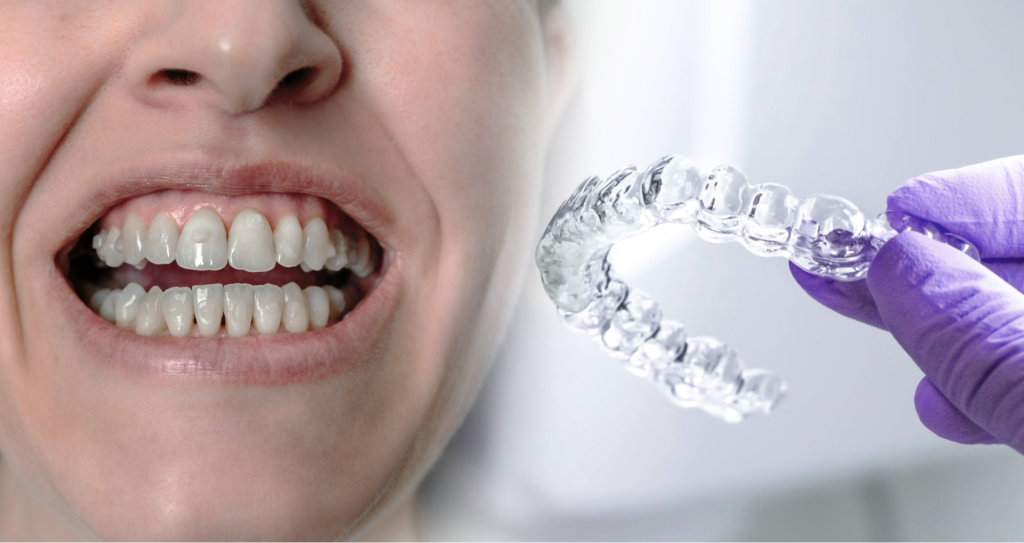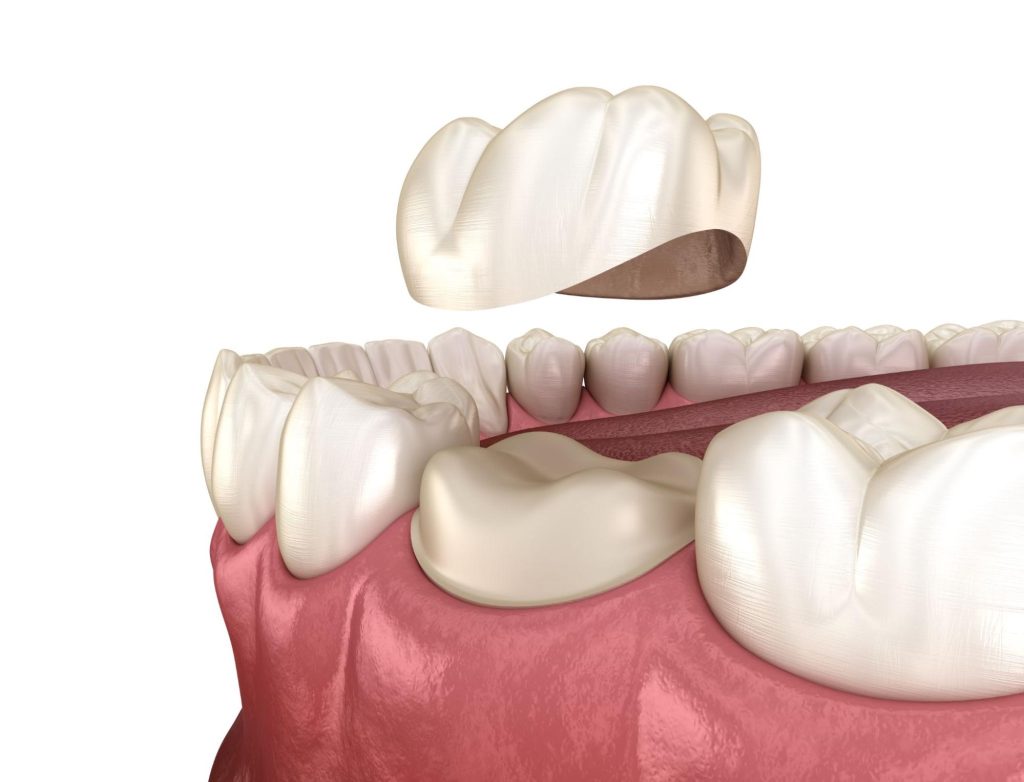Are missing or damaged teeth affecting your smile’s appearance and teeth functionality? Then dental implants may be an ideal solution for you.
Dental implants offer a fixed and long-lasting solution for people missing one or multiple teeth. They look and function like your natural teeth, improving speaking and chewing ability, jawbone shrinkage and misalignment because of the gaps in teeth.
But with all oral surgeries and procedures, there are chances of failure and success. Even though dental implants are a highly effective procedure with a success rate of almost 90%, there may be cases of failed dental implants.
That’s why it’s important to be aware of and understand failed dental implant symptoms for a timely diagnosis and treatment. Learn the causes of dental implant failure and what you need to do if your implant is at risk of failing or breaking here.
What is a Dental Implant?
Dental implants involve placing titanium screws into the jawbone to replace missing or damaged teeth. They form a stable and durable foundation for a prosthetic tooth or a dental bridge. Over time, the jawbone fuses with the implant, securing them to provide the benefits of natural-looking, fixed and fully functional teeth.
5 Causes of Failed Dental Implants
Although dental implants have a high success rate, an estimated 5 to 10% of people may experience dental implant failure. This may happen only a few days after the procedure or may take time, depending on the cause of the failed dental implants.
Here are five causes of a failed dental implant:
- Infection or Peri-Implantitis
Peri-implantitis is an inflammatory condition that affects the soft and hard tissues surrounding dental implants. It’s like periodontal disease, which affects the gums and bone tissue that support natural teeth. Peri-implantitis is caused by bacteria that accumulate on the surface of the dental implant and surrounding tissues. If the bacteria are not removed, they can cause inflammation and infection and damage the bone tissue supporting the implant.
Symptoms of peri-implantitis may include redness, swelling, bleeding, and tenderness around the implant. As the condition progresses, the implant may become loose with bone loss around the implant.
- Failure of the implant to integrate with the bone
Osseointegration is the process by which the implant integrates with the bone, forming a strong and stable foundation for the prosthetic teeth. When osseointegration fails, the implant may become loose, shift out of position, or even fall out. Failed osseointegration is one of the most common causes of dental implant failure and may happen because of insufficient bone density and growth.
- Allergic Reaction
In rare cases, the body may reject the dental implant altogether due to an allergic reaction. This can cause severe inflammation, pain, and swelling because of which the implant may need to be removed. To prevent an allergic reaction to a dental implant, your dentist will usually perform an allergy test before placing the implant. If you have a history of allergies, it’s important to let your dentist know so they can take steps to minimise the risk of an allergic reaction.
- Nerve Damage
Nerve damage can occur during the placement of a dental implant and can lead to implant failure if not recognised and treated promptly. It may occur due to several reasons, such as improper implant placement, trauma during the procedure, or damage to the nerves that supply blood to the area.
- Smoking
Smoking can impair the body’s ability to heal properly, as it restricts the blood flow to the gums. If the implant does not fuse properly with the surrounding bone tissue because of slower healing, it may become loose or fail.
Other reasons your dental implants can fail include certain medical conditions like autoimmune diseases that may affect healing or medications which interfere with healing. Gum diseases, bruxism (teeth grinding) or poor oral hygiene may also impact the success of your dental implant. Therefore, your dentist must evaluate your oral health, medical history, and lifestyle factors before recommending treatment.
Signs of Failed Dental Implants
- Pain or discomfort near the implant
- Gum inflammation or swelling
- Loosening of the implant
- Difficulty chewing or biting
- Infection or abscess around the implant site
- Receding gums or exposed implant threads
- Pain around the implant site
How to Fix a Failed Dental Implant?
Fixing a failed dental implant depends on the reason for the failure. If the implant is severely damaged or infected, it may have to be removed under local anaesthesia. The area would need to heal before a new implant can be inserted. Whereas if the infection hasn’t advanced, it can be treated with antibiotics to prevent the spread of infection and save the implant.
If the implant fails due to inadequate bone density or bone loss, your dentist may recommend a bone graft before inserting a new dental implant. This ensures you have the adequate bone density to support the new implant and improved chances of success. If the implant breakage is not because of bone loss and there is no damage to your jawbone, it can be removed and replaced with a new implant.
Whatever the reason for an implant failure, it is vital to seek the counsel of a qualified dentist to avoid further damage and get the treatment you need to fix or replace your dental implant.
Dental Implants: A Long Term Investment in Your Oral Health
Get dental implants that last with the reliable dentists at Mosman Fine Dental. We perform a comprehensive oral assessment with X-rays, oral exams, and your medical history to deliver personalised treatment plans. With guidance and support throughout your treatment and specific aftercare instructions to prolong the life of your dental implants, we offer quality dental care tailored to your oral needs. Contact our friendly team for more information on dental implants and if they’re the right solution for you.



